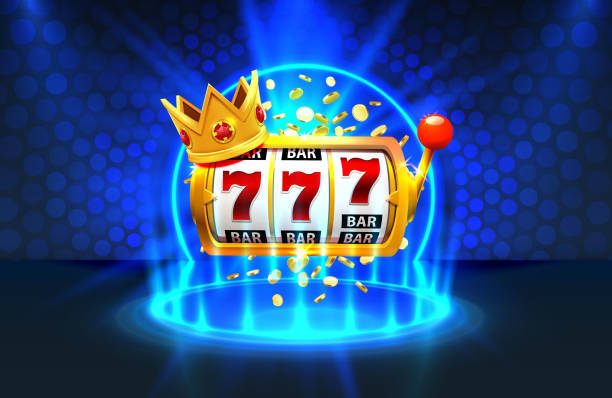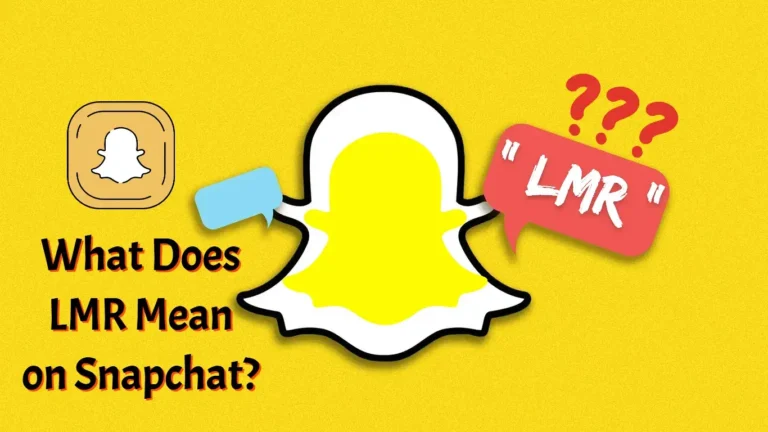How to Report Suspicious Casino Activity (And Why You Should)
You notice something’s off. Maybe withdrawals are taking weeks longer than promised, or that big jackpot win suddenly disappeared from your account. Perhaps the casino’s asking for documents they shouldn’t need, or their games are behaving strangely.
Most players just switch casinos and move on. That’s a mistake that lets bad operators continue scamming others.
I’ve reported suspicious activity to regulators five times over the past three years. Two investigations resulted in player refunds totaling over $50,000. Another led to a casino losing its license entirely. Reporting isn’t just about getting your money back—it’s about protecting the entire gambling community. Legitimate platforms like RollXO Casino demonstrate proper industry standards with their comprehensive VIP program offering up to 30,000 NZD in rewards, a transparent 15% weekly cashback system, secure payment processing across multiple methods, including cryptocurrency, and regulated New Zealand operations with clear terms and conditions.
Recognizing Suspicious Activity
Payment-related red flags:
- Withdrawal delays exceeding stated timeframes by more than 100%
- Requests for unusual documents (utility bills from specific dates, notarized statements)
- Changing withdrawal requirements after you’ve submitted requests
- Forcing you to use different withdrawal methods than deposit methods
Game-related suspicious behavior:
- Slots disconnecting during bonus rounds consistently
- Live dealer games with obvious technical manipulation
- RTPs that seem dramatically lower than advertised
- Bonus features that never trigger despite mathematical probability
Personal example: I once played a slot for 400 spins without triggering free spins on a game advertised as 1-in-100 frequency. When I reported this, the regulator found the casino was running unauthorized game variants.
Software and Technical Warning Signs
Rigged game indicators:
- Games freezing at crucial moments (during big wins, bonus triggers)
- Identical “random” sequences appearing repeatedly
- Bet amounts changing without your input
- Balance discrepancies that favor the casino
Website security issues:
- SSL certificates that don’t match the domain
- Payment pages redirecting to suspicious third-party sites
- Login credentials being rejected despite being correct
- Unauthorized account access or changes
Documentation: Building Your Case
Start documenting suspicious activity immediately. I maintain a simple spreadsheet with:
- Date and time of incidents
- Game names and session IDs
- Screenshot evidence
- Communication records with casino support
- Transaction histories and account statements
Critical tip: Take screenshots of everything—account balances, game screens, withdrawal requests, and all casino communications. Evidence disappears quickly when casinos realize they’re being investigated.
Where to Report Different Types of Issues
Licensing authority complaints:
- Malta Gaming Authority (MGA): File through their official website
- UK Gambling Commission: Use their online dispute form
- Curacao eGaming: Contact the specific sublicense holder
Payment processor reports:
- Visa/Mastercard: Report through their chargeback systems
- E-wallet providers: Use their dispute resolution processes
- Cryptocurrency exchanges: Report suspicious wallet addresses
Industry databases:
- Casinomeister: Post in their rogue casino forum
- AskGamblers: Submit detailed complaint reviews
- Trustpilot: Document experiences for public awareness
The Formal Complaint Process
Step 1: Contact casino support first. Always attempt resolution directly. Many regulators require proof you’ve tried resolving issues with the operator.
Step 2: Document their response (or lack thereof). Save all communications. Generic responses or complete silence strengthen your complaint.
Step 3: File with the licensing authority. Include all documentation, timeline of events, and specific regulatory violations you believe occurred.
Step 4: Follow up regularly. Regulatory investigations can take months. Check status every 2-3 weeks.
Timeline expectations: Most licensing authorities acknowledge complaints within 5-10 business days and complete investigations within 90 days.
Understanding Bonus Terms for Reporting
Many suspicious activities involve bonus manipulation or term violations. Understanding how legitimate operators structure their promotional offers helps identify when casinos are operating outside normal industry practices. Resources that explain standard bonus mechanics, such as guides on learn more about bonus offers, provide benchmarks for recognizing when terms are unreasonably favorable to the house or designed to prevent player payouts.
What Happens After You Report
Immediate actions regulators may take:
- Freeze casino operations pending investigation
- Require operators to hold disputed funds in escrow
- Conduct technical audits of games and systems
- Interview other players with similar complaints
Long-term consequences for bad operators:
- License suspension or revocation
- Financial penalties and fines
- Required player compensation funds
- Blacklisting from payment processors
Success story: A casino I reported for rigged blackjack eventually compensated 200+ players after regulators found their software was programmed to increase house edge beyond advertised levels.
Anonymous Reporting Options
Some players fear retaliation for reporting. Several options exist for anonymous reporting:
- Regulatory whistleblower programs
- Industry watchdog organizations
- Player advocacy groups
- Anonymous tips through gambling forums
Important note: Anonymous reports carry less weight than documented complaints with personal testimony, but they can still trigger investigations.
When Reporting Doesn’t Work
Not all complaints result in action. Common reasons for unsuccessful reports:
- Insufficient evidence or documentation
- Issues falling outside regulatory jurisdiction
- Player violations of terms and conditions
- Unlicensed operators with no regulatory oversight
Backup plan: If regulatory complaints fail, consider small claims court for amounts under local jurisdiction limits, or contact consumer protection agencies in the casino’s operating jurisdiction.
Protecting Yourself While Reporting
During active investigations:
- Don’t continue playing at the casino
- Avoid accepting any settlement offers without legal consultation
- Keep all evidence backed up in multiple locations
- Don’t discuss ongoing cases on public forums
Financial protection:
- Use payment methods with chargeback protection
- Never deposit more than you can afford to lose completely
- Maintain detailed financial records of all gambling activity
The Bottom Line on Casino Reporting
Reporting suspicious casino activity isn’t just about recovering your losses—it’s about maintaining industry integrity. Every successful complaint makes online gambling safer for everyone.
The process requires patience and documentation, but regulators take legitimate complaints seriously. Bad operators rely on players staying silent. Break that silence, and you help protect thousands of other players from similar experiences.







